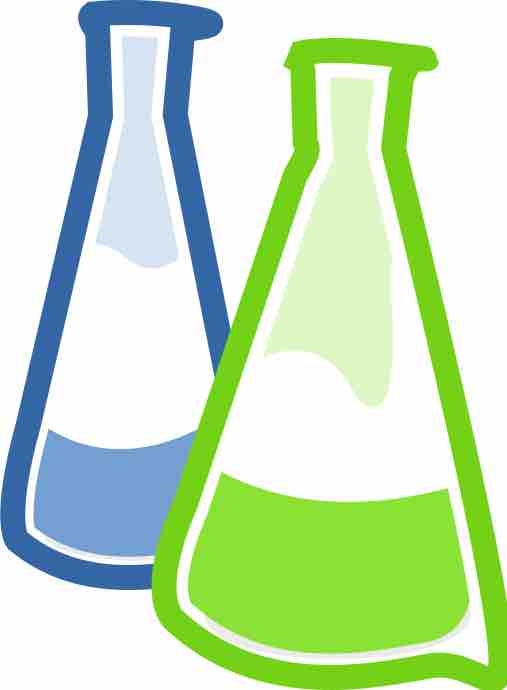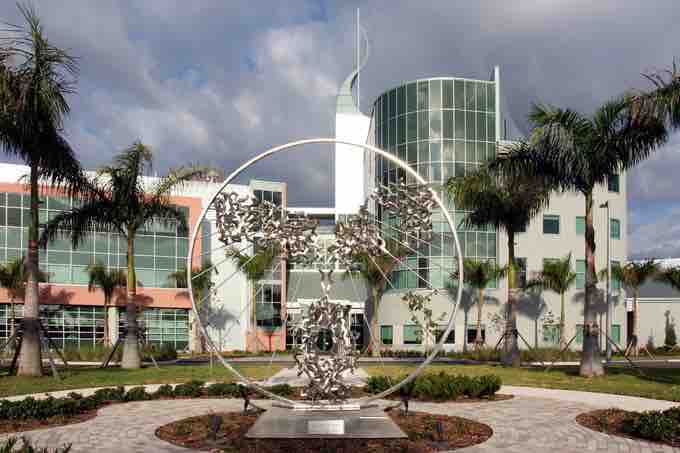The Future of Diagnostic Immunology
Modern immunology relies heavily on the use of antibodies as highly specific laboratory reagents. The diagnosis of infectious diseases, the successful outcome of transfusions and transplantations, and the availability of biochemical and hematologic assays with extraordinary specificity and sensitivity capabilities all attest to the value of antibody detection .

Chemicals
Immunologic methods are used in the treatment and prevention of infectious diseases and in the large number of immune-mediated diseases. Advances in diagnostic immunology are largely driven by instrumentation, automation, and the implementation of less complex and more standardized procedures. Examples of such processes are as follows:
- miniaturization (use of microtiter plates to save samples and reagents),
- amplified immunoassays (chemiluminesent ELISA),
- flow cytometry with monoclonal antibodies,
- immunoglobulins,
- molecular methods (polymerase chain reactions).
These methods have facilitated the performance of tests and have greatly expanded the information that can be developed by a clinical laboratory. The tests are now used for clinical diagnosis and the monitoring of therapies and patient responses. Immunology is a relatively young science and there is still so much to discover. Immunologists work in many different disease areas today that include allergy, autoimmunity, immunodeficiency, transplantation, and cancer.
Interestingly, no matter what the areas of expertise, vaccine development and understanding how vaccines work pose the greatest challenges. The vaccines currently used primarily generate an antibody response, which is able to attack free-moving pathogens, but is unable to fight bacteria and viruses, such as human immunodeficiency virus (HIV). In the cancer research field, vaccines that stimulate the immune system to attack tumor cells are undergoing clinical trials.

Antibody sculpture
Angel of the West is a sculpture by Julian Voss-Andreae based on the antibody structure.